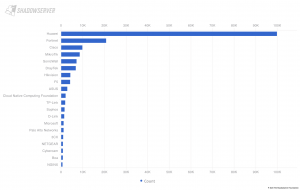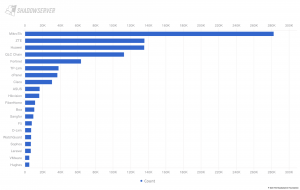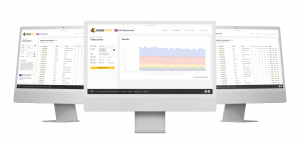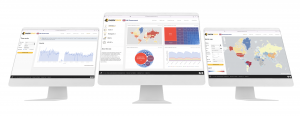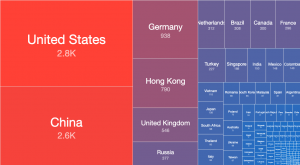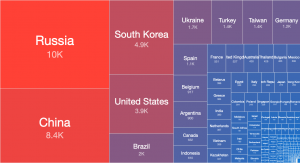Qakbot Historical Bot Infections Special Report
September 8, 2023
On Tuesday 29th August 2023, the US DoJ and FBI, together with other global law enforcement partners, announced a disruption action against the Qakbot botnet. This involved the FBI deleting the Qakbot malware from infected victim computers under US court order. As part of their operation, the FBI acquired a copy of the threat actor’s database of historical Qakbot infections, which covered the period July 2019 to August 2023. This database contains a record of over 700,000 discrete Qakbot bot infections in 230 countries. Shadowserver is sharing elements of this dataset as a one-off Special Report, to allow historical Qakbot infections to be investigated and any secondary malware identified and remediated by system defenders.



